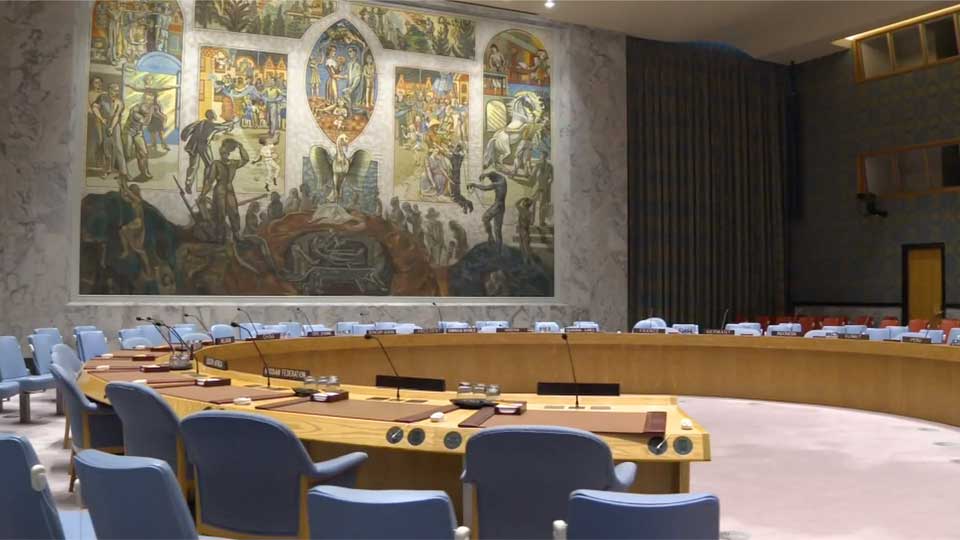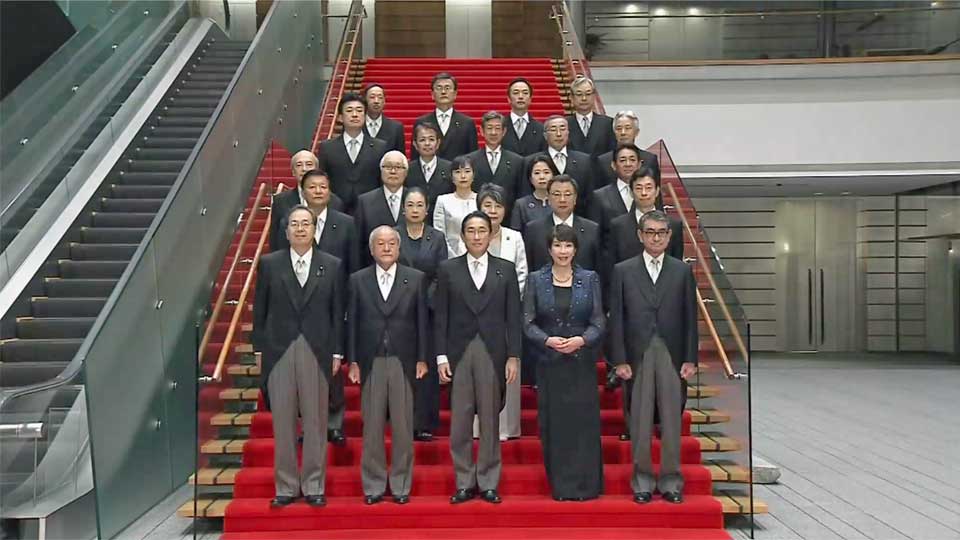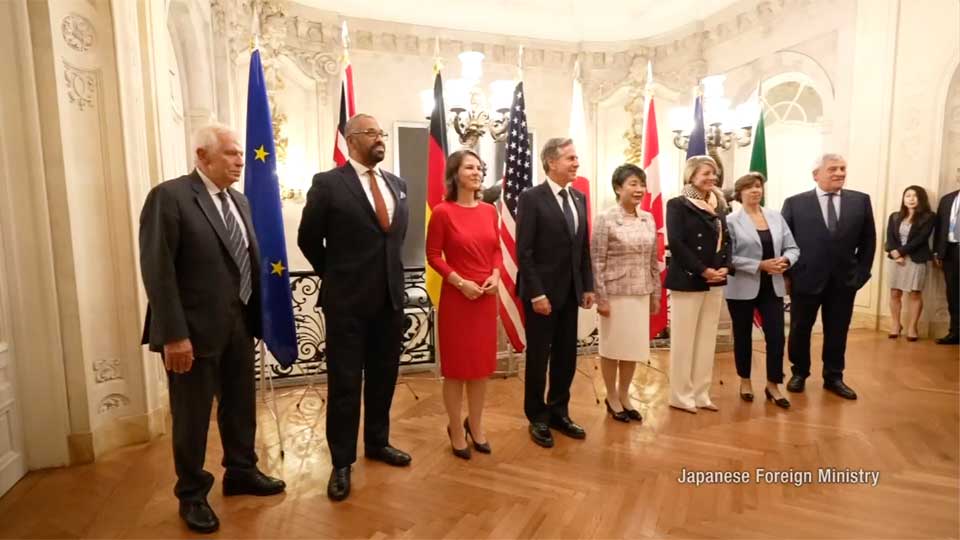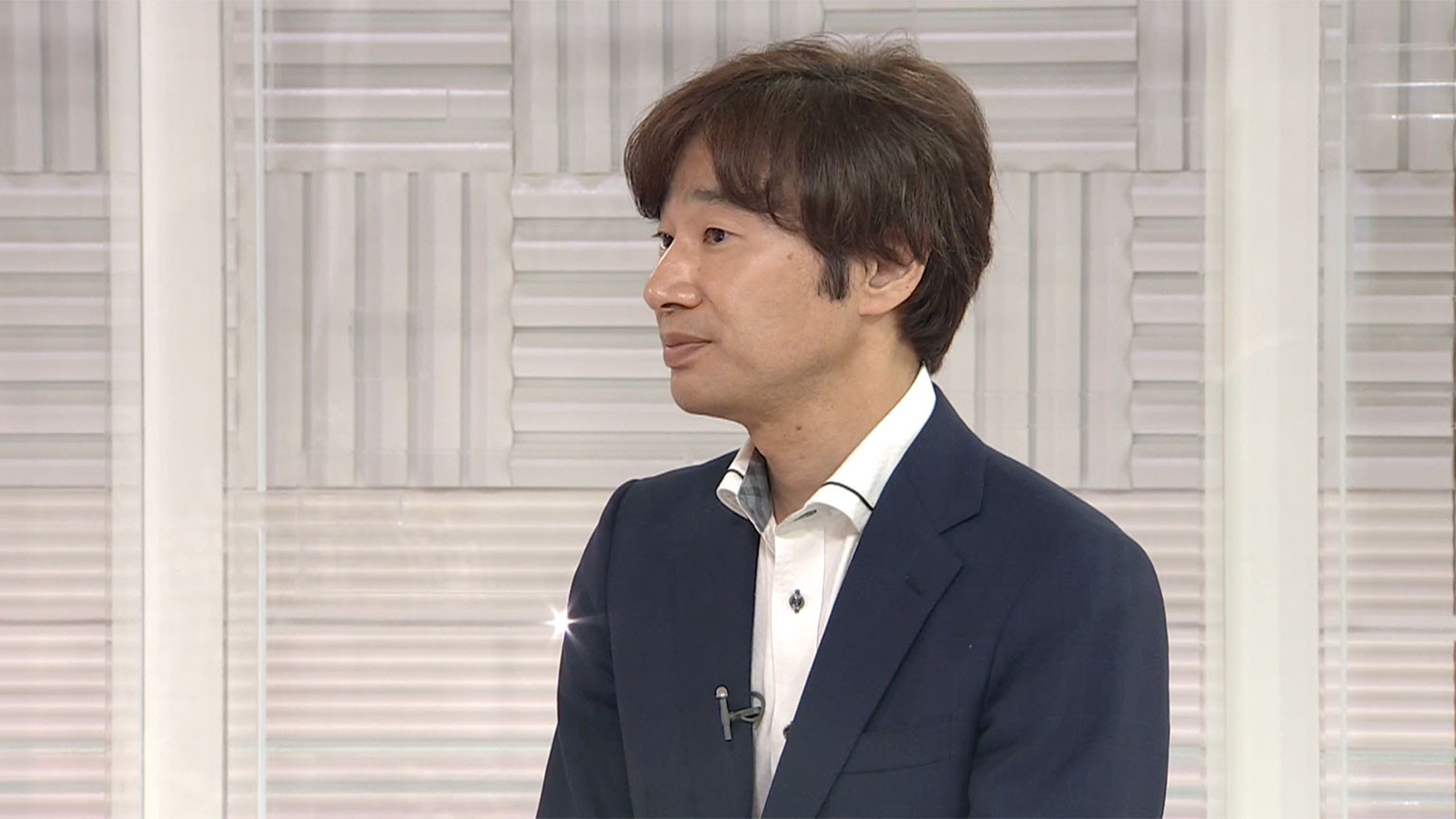Masuda says Kishida's call for Security Council reform was significant.

The Security Council is the UN's most important body, but Russia's invasion of Ukraine has highlighted its impotency. The five permanent members — China, France, Russia, the United Kingdom and the United States — each have veto power.
Kishida said, "Resorting to veto power only divides the United Nations and accelerates confrontation. Suppressing this power will not only strengthen the Security Council but will also restore confidence."
Masuda views Kishida's call for curbing the permanent members' veto power as criticism of Russia for trampling the rule of law.
He says the UN is just a charade when it comes to conflicts like Russia's Ukraine invasion. But he notes that reform of the council will be difficult, pointing to the fact that four of the five permanent members' leaders did not even attend Kishida's speech.

Masuda says that by addressing the General Assembly, Kishida has demonstrated he wants to actively lead Japan's diplomacy.
Masuda says Kishida, who once served as foreign minister, want to take Japan's diplomacy reins, especially when it comes to security issues. He thinks Kishida will handle missions like working with the US to deter China.

Kishida reshuffled his Cabinet recently. His new foreign minister, Kamikawa Yoko, made her diplomatic debut when she chaired the Group of Seven Foreign Ministers' meeting in New York.

Observers say that as a majority of G7 foreign ministers are now women, Kamikawa's appointment could help change the perception that Japan lags behind the times. Masuda says because the G7 has long stressed the importance of the rule of law, Kamikawa's prior experience as justice minister and her focus on judicial diplomacy should serve her well.

